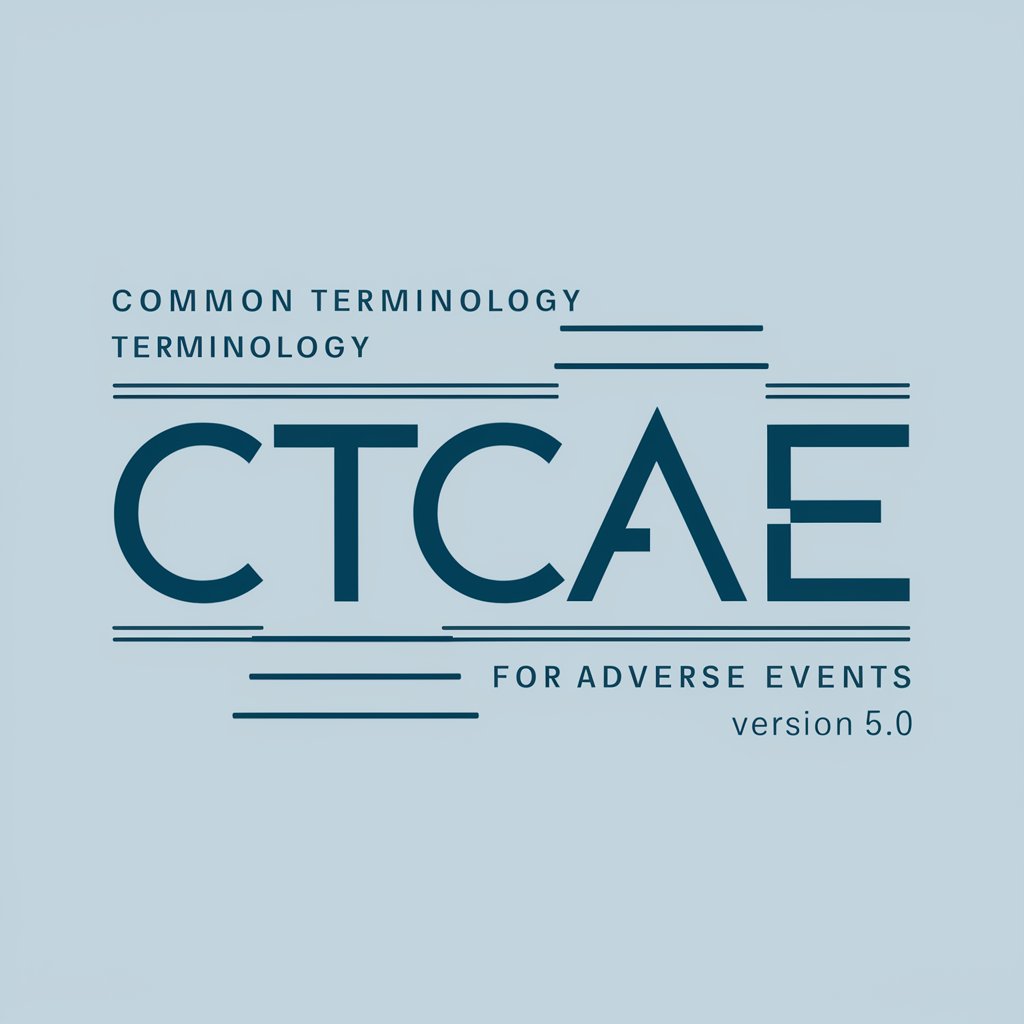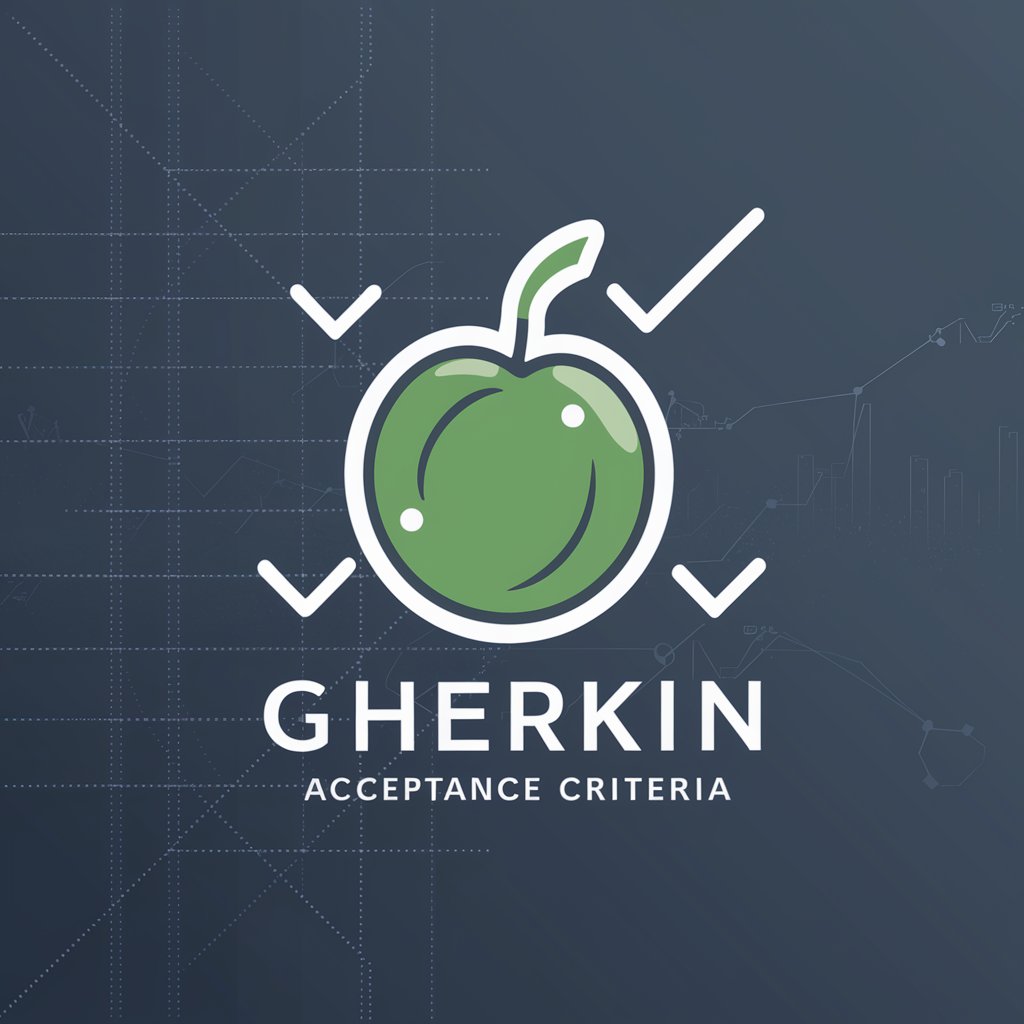Criteria Ranker AI - Customizable Ranking Tool

Welcome! Let's create your perfect ranking system.
Empowering Decisions with AI
Describe a user-centric ranking system for...
How can I create a personalized ranking algorithm for...
What are the key criteria for ranking...
Generate a custom ranking system for...
Get Embed Code
Overview of Criteria Ranker AI
Criteria Ranker AI is a specialized tool designed to assist users in creating custom ranking systems based on specific criteria. It helps in constructing personalized ranking algorithms that cater to unique preferences or features. The core functionality revolves around enabling users to define and prioritize their criteria, which the system then uses to generate a tailored ranking methodology. For instance, a user looking to rank smartphones might input criteria such as battery life, camera quality, and price. Criteria Ranker AI would then provide a framework that weights these factors according to the user's preferences, resulting in a custom ranking of available smartphones. Powered by ChatGPT-4o。

Key Functions and Practical Applications
Custom Criteria Definition
Example
A user ranking local restaurants may focus on ambiance, menu variety, and customer service.
Scenario
The AI enables the user to assign weights to each criterion, adjusting the impact of each factor on the final rankings. For example, if ambiance is most important, it can be weighted more heavily.
Interactive Ranking Adjustment
Example
A university department ranks job candidates based on research, teaching, and diversity contributions.
Scenario
Criteria Ranker AI provides an interactive interface where the committee members can adjust the weights of each criterion in real time during their meeting, seeing immediate changes in candidate rankings.
Shareable Ranking Systems
Example
A technology enthusiast creates a ranking for the best 2023 smartphones.
Scenario
After setting up the ranking criteria and weights, the user can generate a unique link to their custom ranking system, which can be shared on blogs, forums, or social media, inviting others to view or even contribute to the ranking.
Target User Groups
Academic Researchers
Researchers can use Criteria Ranker AI to prioritize and rank research papers, funding opportunities, or potential collaborators based on multiple criteria like citation count, relevance to current research, and methodological rigor.
HR Professionals
HR managers can tailor the system to rank job candidates by adjusting criteria such as experience, education, specific skills, and interview performance, helping to streamline the recruitment process.
Product Reviewers and Consumers
Tech bloggers or consumers can rank products based on personal or audience-focused criteria such as performance, cost, user reviews, and tech specifications, making it easier to make informed purchasing decisions.

How to Use Criteria Ranker AI
Initiate the Free Trial
Visit yeschat.ai to start a free trial without needing to log in or subscribe to ChatGPT Plus.
Select Your Criteria
Define and input the criteria important to your ranking needs. This could be features, preferences, or specific characteristics relevant to your data.
Configure the Algorithm
Use the intuitive interface to weigh your criteria according to their importance. This customizes the ranking algorithm to prioritize according to your needs.
Review the Rankings
Once your criteria are set, run the ranking algorithm. Review the results, which are dynamically generated based on your specified preferences.
Refine and Share
Adjust the weights as needed for different results. Utilize the shareable link feature to collaborate or get feedback on your ranking systems from peers or stakeholders.
Try other advanced and practical GPTs
Logo Maker
Craft Your Brand Identity with AI

Scout
Empowering Research with AI

Feasibility Scout
AI-powered technical decision support

Web Scout
Empowering exploration with AI

Elite Scout
Uncovering Hidden Sports Talents with AI

Market Scout
AI-powered, real-time price optimization.

HR Insight: Perfecting Selection Criteria
Automate and Refine Hiring with AI

Common Terminology Criteria for Adverse Events
Standardizing Adverse Event Reporting with AI

Acceptance Criteria Manager
Craft precise, AI-powered acceptance criteria effortlessly.

Gherkin Acceptance Criteria
Simplify Acceptance with AI-Powered Gherkin

Ticket Writer - User Stories & Acceptance Criteria
AI-powered tool for generating technical user stories.
Fix or Replace It?
Smart decisions for your belongings.

Detailed Q&A on Criteria Ranker AI
What is Criteria Ranker AI?
Criteria Ranker AI is a specialized tool designed to create personalized ranking systems based on user-defined criteria. It helps users prioritize data, preferences, or features through a custom algorithm.
Can I use Criteria Ranker AI for decision making?
Yes, it is particularly useful for decision-making processes where ranking options based on multiple criteria is necessary, such as project prioritization, candidate evaluation, or product comparisons.
Does Criteria Ranker AI require any technical skills?
No, it is built with a user-friendly interface that guides users through the process of setting up and adjusting their ranking systems without the need for technical expertise.
How does Criteria Ranker AI ensure the privacy of my data?
The platform prioritizes user privacy with secure data handling practices ensuring that personal or sensitive data is not misused or accessible by unauthorized parties.
What are the limitations of Criteria Ranker AI?
While versatile, the effectiveness of the rankings depends heavily on the user's ability to accurately define and weight criteria. Misjudgment in these areas can lead to less optimal ranking results.
